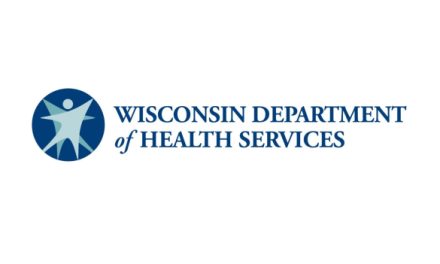
UW earns National Institutes of Health diabetes grant
FOR IMMEDIATE RELEASE
CONTACT: Emily Kumlien
UW earns National Institutes of Health diabetes grant
Madison- A University of Wisconsin-Madison research team led by Michelle Kimple has earned a five-year, $1.63 million grant from the National Institutes of Health to study diabetes using models aimed at validating potential dietary interventions.
The study will specifically look at omega-6 and omega-3 polyunsaturated fatty acids, and their metabolites, in foods and oils people consume. The omega-3 fatty acids have demonstrated health benefits in cancer and heart-disease prevention. But their role in affecting cells that produce insulin, which the body requires to properly control blood sugar levels, is not clear.
“We have known that nutrition plays a role in diabetes for a long time but we still aren’t sure what exactly that role is. We will focus on specific cells in the pancreas, the beta-cells, to see how these fatty acids and their metabolites affect their function. With the completion of this study, we will have a much better idea whether a defined dietary change will help prevent and/or treat diabetes, and the mechanism by which this might occur,” said Dr. Kimple, assistant professor of medicine.
Many experts believe that the failure of pancreas cells to release enough insulin into the bloodstream to control blood sugar properly is the main problem underlying diabetes. This study aims to characterize established and emerging cellular targets to promote proper insulin release. Beta-cells will be monitored in the lab to determine how these fatty acids and their metabolites affect insulin release, whether in the context of diabetes or not. Ultimately, these interventions would be validated in a human diabetic population.
“Since the beginning of my training, I have wanted to contribute to the improvement of human health in some significant way. There are many factors in causing diabetes, such as genetics and not eating the ‘right’ things. If we can figure out exactly what factors predispose certain individuals to develop diabetes, we help prevent diabetes before it starts,” said Kimple.
Today, more than eight percent of the U.S. adult population is thought to have type 2 diabetes, with another 35 percent having pre-diabetes.
This is grant number 1R01DK102598-01.





